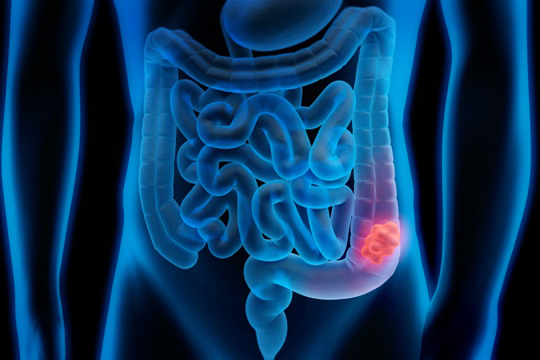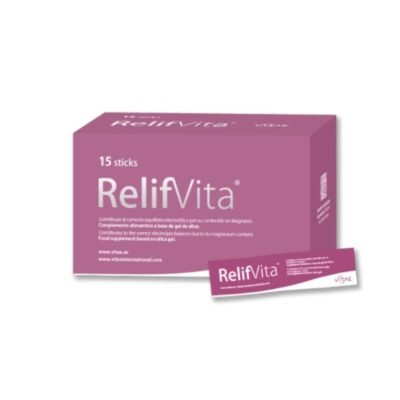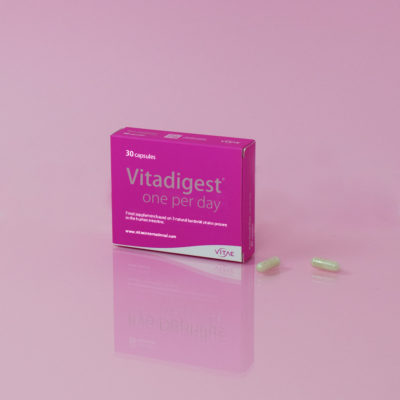Normally after a digestive disorder, your GP recommends to restore intestinal flora. It is a large set of bacteria which live in our intestines. Most of them are beneficial and cause no harm. It is estimated to have about 2,000 different bacterial species, of which 100 can become harmful, but the good bacteria have several benefits.
Benefits of the intestinal flora
It keeps our immune system strong, it also helps us digest food and absorb nutrients. It protects us from infection and viruses that can trigger disease, helps prevent constipation, swollen abdomen and excess flatulence and last but not least helps in the production of some vitamins like B complex and vitamin K. Studies suggest that some of these bacteria could be used for weight control and can prevent diabetes in children who have a genetic risk for developing it.
What alters our intestinal flora?
There are several reasons that can alter our flora, such as stress, consumption of certain antibiotics, suffering from irritable bowel syndrome, taking laxatives that cause diarrhoea. Having an unhealthy diet, sedentary routine, insomnia and age, the latter factor is counted with advancing age as with age our intestinal flora is decreasing.
Regenerating our flora
To regenerate and maintain a healthy intestinal flora, it is important to maintain a balanced diet. Yogurt and cottage cheese for example, are foods which contain probiotics containing a number of microorganisms that help restore it. We must also consume vegetables and fruits, whole grains and legumes. Finally, if your diet lacks probiotics a supplement like Vitadigest one per day helps to reinforce your flora, keeping it in balance.








